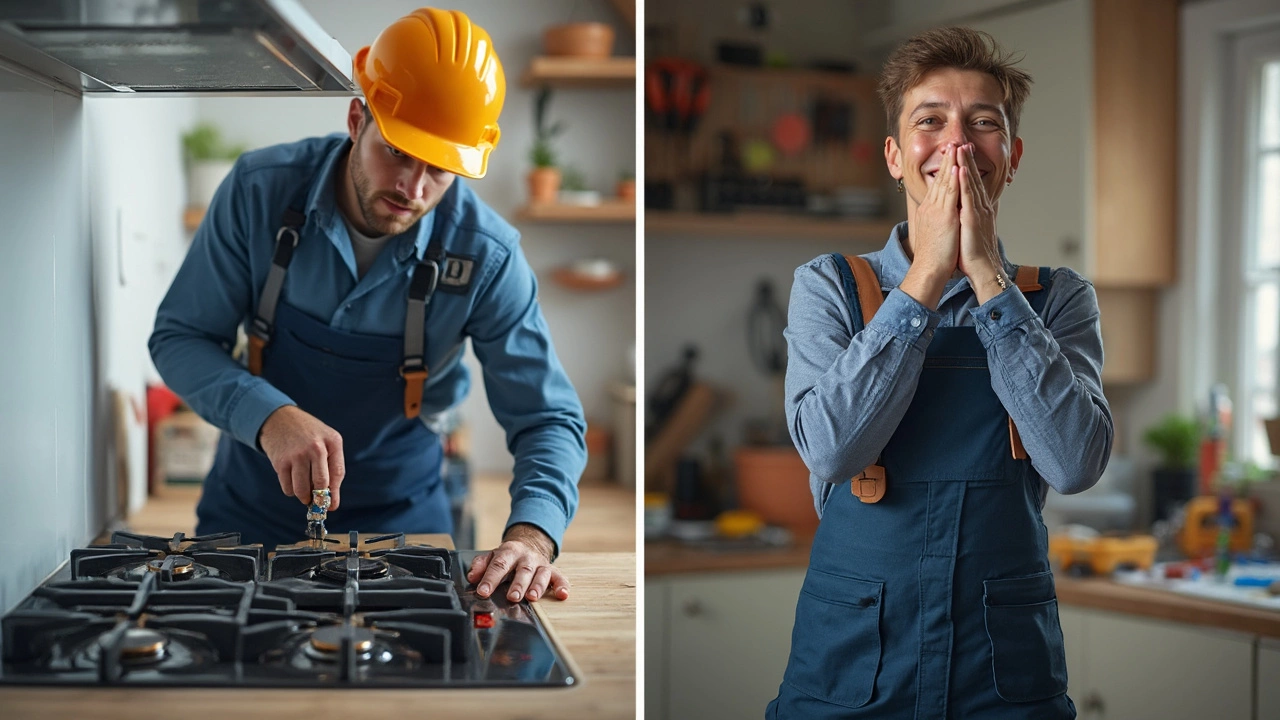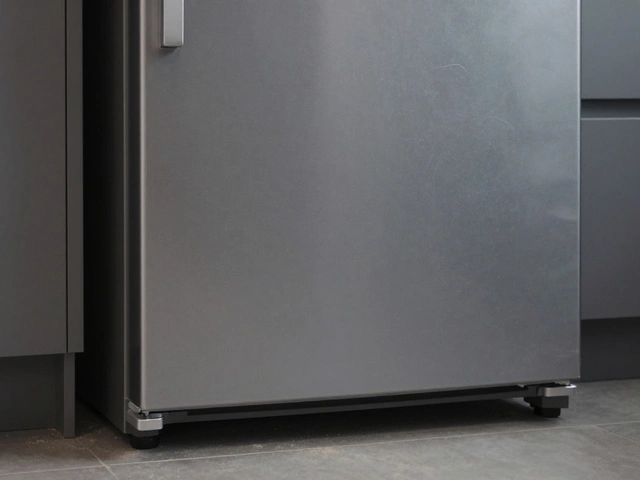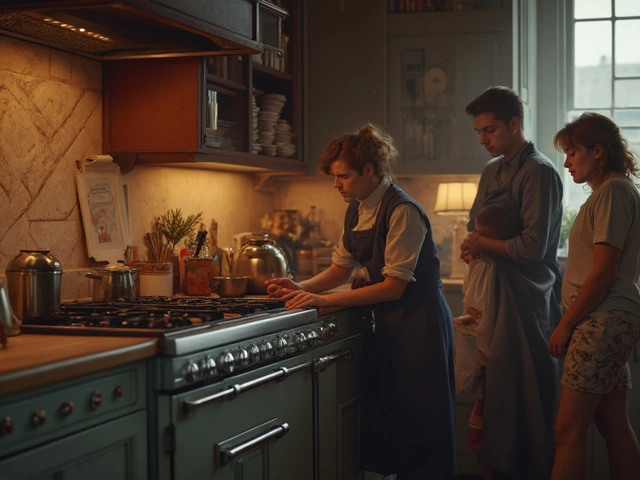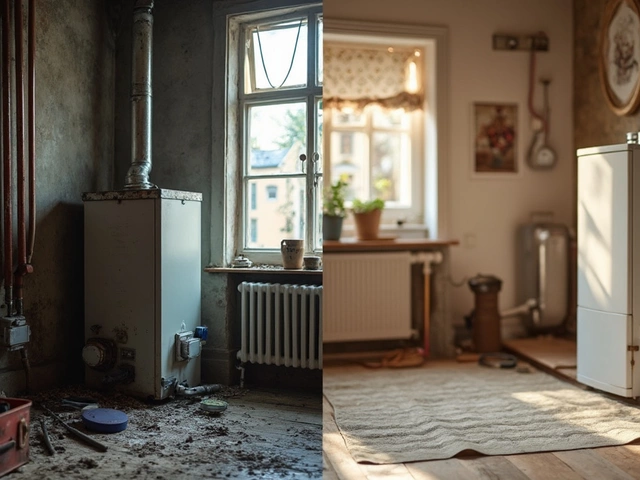How to Tell If Your Fridge Compressor Has Failed
January 4 2026Gas Appliance Safety: Simple Tips to Protect Your Home
Gas appliances are great for heating and cooking, but they can be dangerous if you don’t look after them. A tiny leak or a missed service can turn a cozy night into a risky situation. Below are everyday actions you can take to keep your gas appliances safe and your family protected.
Everyday Safety Checks
First, make sure the area around each appliance is clear. Dust, grease, and clutter can block ventilation and cause overheating. Wipe the surfaces with a damp cloth once a month – it only takes a few minutes.
Next, check for any strange smells. A faint rotten‑egg odor means there’s a gas leak. If you notice it, open windows, turn off the appliance, and call a qualified engineer right away. Don’t try to fix a leak yourself.
Every gas cooker or boiler has a pressure gauge. The needle should sit in the green zone. If it drifts into the red, the system may be over‑pressurised and needs professional attention.
Test your carbon monoxide (CO) detector monthly. Press the test button, listen for the alarm, and replace batteries as needed. A working CO detector can warn you before a silent gas problem becomes deadly.Finally, turn off appliances you don’t use for a while. A stovetop left on low heat, or a boiler that runs constantly, wastes energy and raises the chance of a fault.
When to Call a Professional
Even if everything looks fine, schedule a yearly service for each gas appliance. A certified engineer can spot hidden wear, clean burners, and adjust settings for optimal performance.
If you hear hissing, clicking, or see a yellow flame that’s flickering oddly, stop using the appliance and call a pro. Those signs often mean a burner or valve issue that needs expert repair.
Older boilers (over 10‑15 years) may need a replacement rather than a repair. New models are more efficient and safer, and the upgrade can lower your energy bills.
When a water heater stops heating correctly, it could be a broken thermostat, a sediment‑filled tank, or a gas supply problem. A qualified technician can diagnose the cause and avoid a costly full replacement.
Never attempt electrical work on gas appliances. Mixing gas and electricity without proper training is a recipe for accidents. Always let a certified engineer handle wiring or gas line work.
Keeping records of every service, repair, and inspection helps you track the health of your appliances. It also makes it easier for a new engineer to understand what’s been done before.
In short, a few quick checks each month, a working CO detector, and a yearly professional service go a long way toward keeping your gas appliances safe. Small habits now can prevent big problems later.
If you ever feel unsure about a gas appliance, trust your gut and call a qualified engineer. It’s better to be safe than to risk a fire, an explosion, or carbon monoxide poisoning.
 11 Apr
11 Apr
Do You Need a Gas Engineer to Replace a Gas Hob?
Swapping out your old gas hob can seem like a DIY project waiting to happen, but is it really that simple? Before you grab your toolbox, consider the safety and legal aspects—hiring a certified gas engineer might be a lot smarter than it sounds. Delve into the pros and cons of professional versus DIY approaches, safety concerns, and whether handling gas appliances on your own is worth the risk. Discover handy tips to ensure that your new hob is installed safely and functions efficiently.
Read More...



